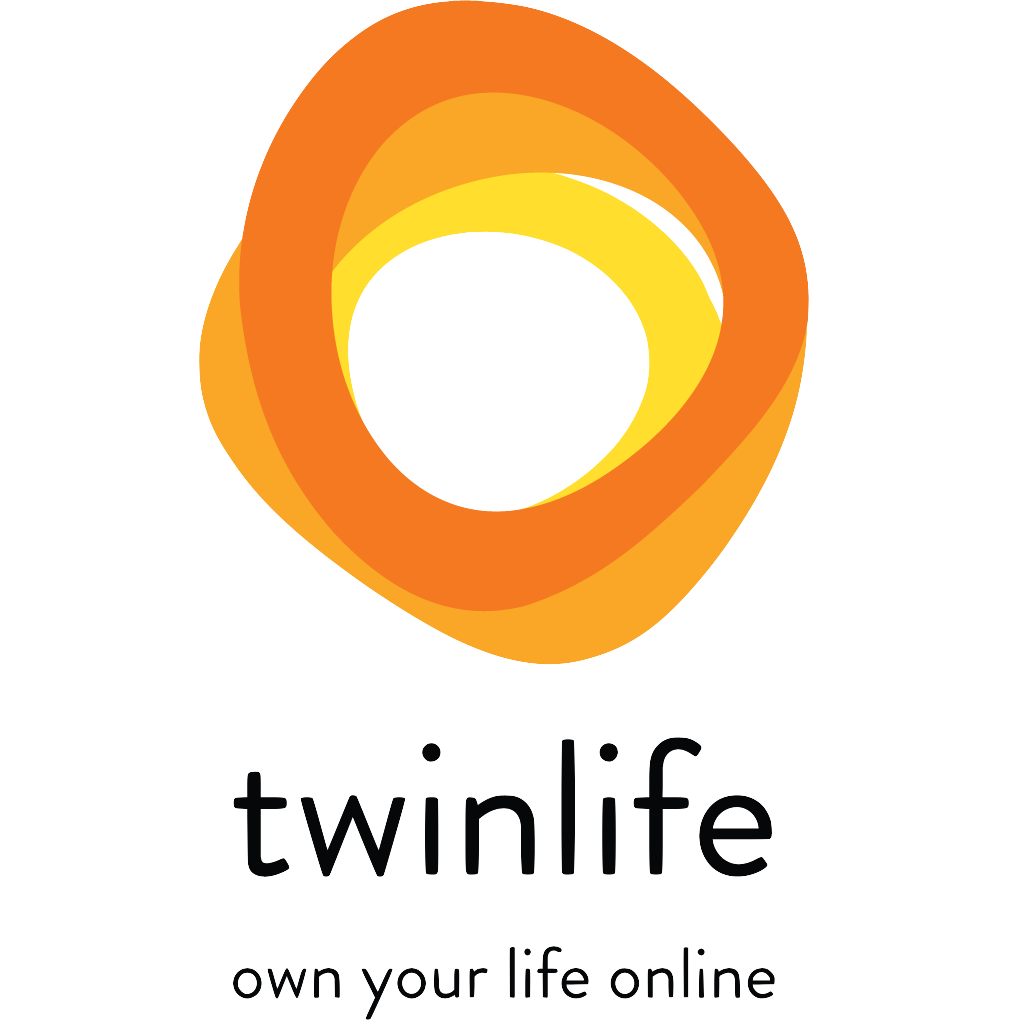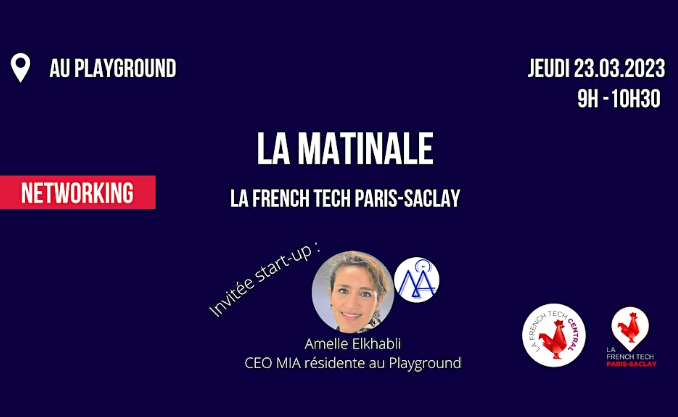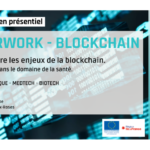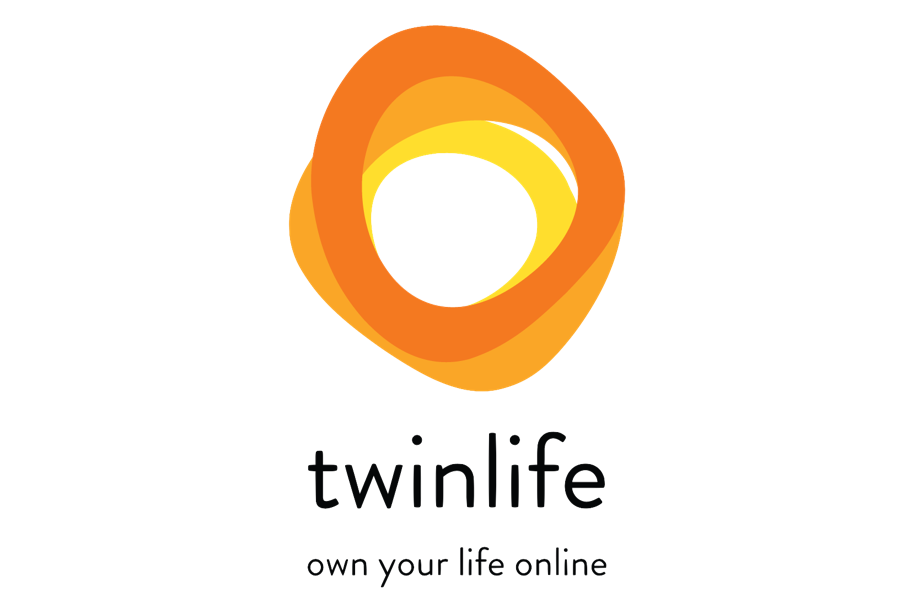
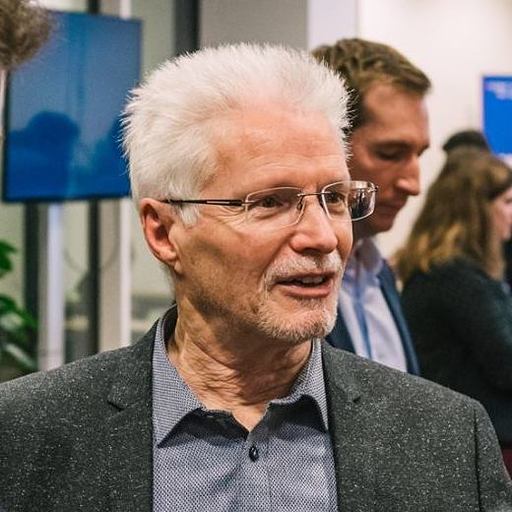
“The objective of Twinlife? Giving people back control over their personal data […] This period put the finger on it! “
Christian Jacquemot and I founded Twinlife in 2012.
Our goal was to give people back control over their interactions through internet tools and in particular messaging services, voice calls and videos. So we developed “twinme”: a mobile application on Android and iOS. The PC version is in progress. twinme works a bit like WhatsApp or Messenger: it allows you to make calls (voice and video), send text, photo or video messages to one or more people at the same time.
On the other hand, unlike WhatsApp, Messenger, or other so-called “secure” services like Signal or Telegram, twinme does not use any personal information. twinme users do not need to register, give their phone number, email address, or other user ID, nor do they need to give access to their address book. Your network of contacts and the graph of your interactions are thus inaccessible. They cannot be analyzed to know “what you do” and therefore “who you are”!
Moreover, unlike competing applications, all communications including message exchanges are done in Peer to Peer (P2P), i.e. directly from terminal to terminal (from phone or tablet to phone), without going through a distribution server in the cloud. Live exchanges are normally used for calls (audio and/or video), but not for messages, which are usually sent to a server that then delivers them to the recipient(s).
With twinme, the contents of the messages remain in the sender’s device, which connects to the receiver’s device to send the message directly to him.
One of the advantages is to leave no trace of the content (even encrypted) in a server in the cloud. In addition, the absence of a content distribution infrastructure minimizes the energy and environmental footprint of the service. twinme thus guarantees the protection of the privacy of its users.
Since we can’t sell personal data since we don’t have it, our business model is to license twinme to organizations that want to provide a trusted means of communication within their community. We have already licensed twinme to the Skyrock group which offers it under the brand name “Skred”. To date, twinme and Skred has 10 million users worldwide (in the Middle East, Africa, Europe, the United States, Russia, China, etc.).
The entire TwinLife team (9 people) has been telecommuting since the beginning of the crisis.
We realized that our communication tool was bringing together people who needed it the most and we put our efforts into it. An audio/video conferencing service has been developed that can be connected to using a standard twinme invitation code. This code can be, for example, placed at the bottom of a building to allow its inhabitants to scan it and find themselves online without exchanging their phone number or other personal data. twinme allows you to interact at a distance with people you know but also with people you don’t know, as is the case in “physical” life.
We had been thinking about this service for some time, but the COVID situation prompted us to develop it more quickly.
Indeed, the need for digital communications has accelerated during this period. Thanks to the “privacy” dimension that we guarantee, our service can be used by children, without email address or phone number, as long as they have a tablet with a wifi connection. During this time, children could make video calls with their grandparents, for example, in complete safety.
The containment validated our initial intention to give users back control of their digital communications services.
Twinlife’s goal has always been to give people back control over their personal data and thus counter the model of monopolies that provide “free” services by selling their users’ data. This period has put the finger on this issue and the social, ethical impact that we seek to promote and that has been validated in this crisis.
twinme is often a means of family communication, used in particular by broken families. Nowadays, the use is much wider. twinme is used, for example, by expatriates or seconded workers, who were away from their families during the crisis.
We think that this crisis has allowed us to discover our application through word of mouth since we don’t have the means to invest in marketing yet.
The crisis had a positive impact for us: people needed to communicate and more so with secure tools.
In view of the number of twinme users (nearly 10 million), we are considering reviewing our business model. For example, we are thinking of asking our users to pay for some of the application’s features, while keeping the basic features (calls, message exchanges, etc.) free.
We are also thinking of addressing companies, such as SMEs or other small businesses that use Zoom, Skype, Teams … and offer them to take a subscription to twinme. This would allow them to interact with their employees, suppliers or customers, without the need to share their private phone numbers.
For more information about Twinlife :




